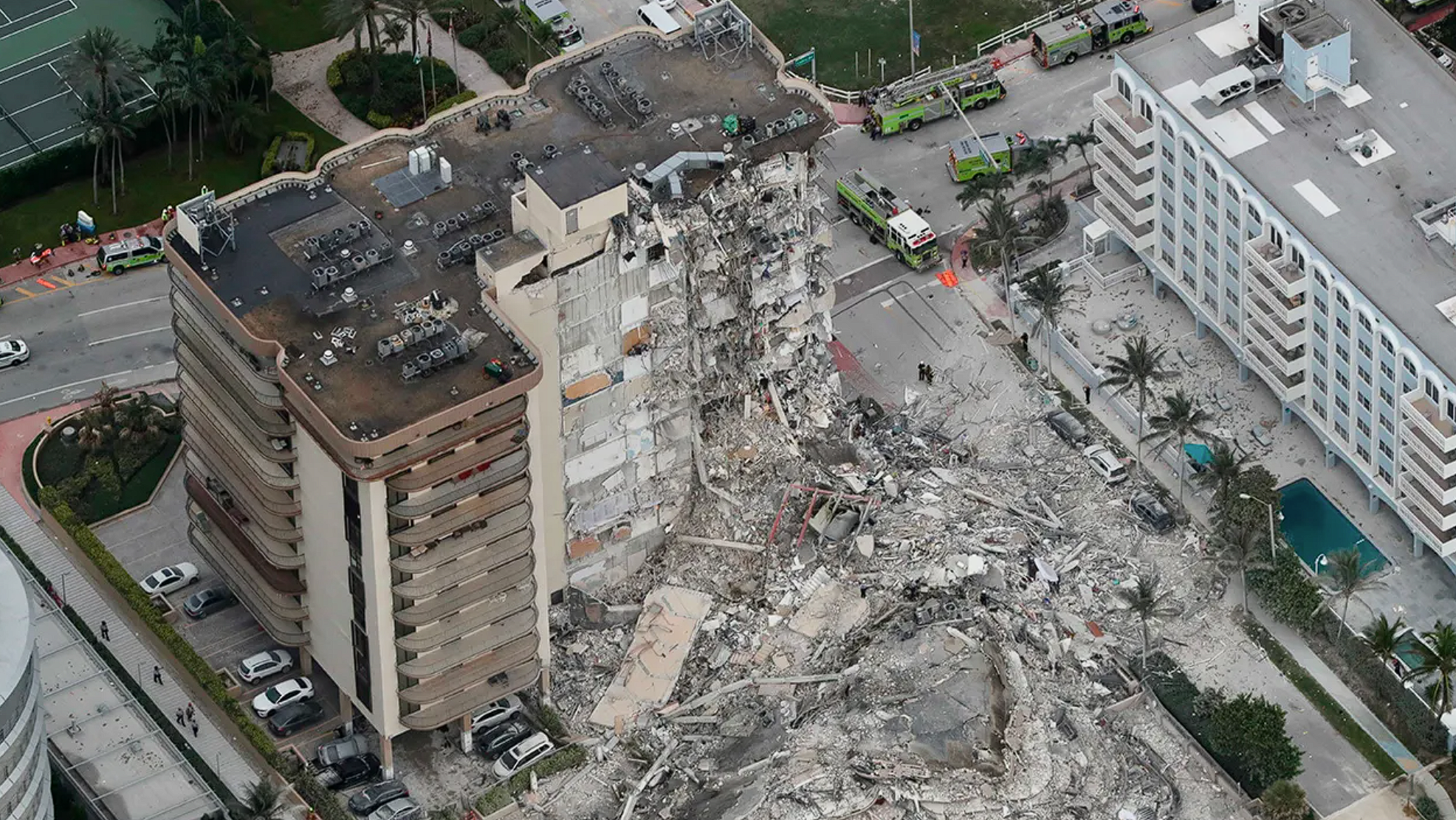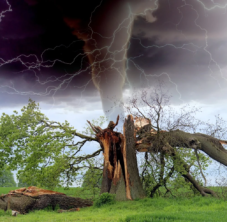In 2021 there was a terrible collapse of a condominium building in Surfside, Florida. The subsequent investigation revealed that as far back as 2018 an engineer had warned of cracking in the pool deck which could result in a catastrophic structural failure. The condo association did not take any corrective action until April 2021, when the board acknowledged the danger and proposed a $15 million assessment. By then it was too late: two months later the structure collapsed and 98 people perished.
If you own a condo or townhouse, the chances are very high that until recently your association a) did not do a thorough reserve study to identify structural weaknesses, b) if it did do such a study, it didn’t ask the owners to approve a dues increase to remediate those weaknesses, c) it did put the matter to a community vote, and the owners balked. (My bet is that an overwhelming number of individual homeowners don’t have those kind of reserves, either. Do you have $25,000 lying around to replace your roof? Do I?)
This is a fundamental component of human nature: deferred maintenance. We don’t want to save for future contingencies.
To force us to confront our human nature, some states have required HOAs to better prepare themselves for repairs and thereby avoid Surfside-style disasters. In particular, the Maryland legislature passed HB 107, a measure that requires community associations to conduct a reserve study every five years, and include in their budgets the associated findings. For example, if the study finds that the sidewalks in your complex need to be replaced in three years, the HOA needs to start raising community dues to replace those sidewalks within three years.
Depending on your community’s situation, this could be a minor burden. Some complexes have only streets, sidewalks, and gardens in common, so a dues ramp-up to cover those future replacements is meaningful but (hopefully) not a hardship. If, however, you live in a complex where the parking garage, roofs, HVAC, pool, water, elevators, and gas are all common, then you may be facing a 50% to 100% increase in HOA dues.
If you can’t pay the increased dues, you will be forced to sell, and at a lower price than previously because high HOA dues deter buyers. If your landlord can’t pay the increased dues, she will either increase the rent above Council Member Kate Stewart’s 10% eviction threshold, or sell (and the new owner may want the unit for himself).
HB 107 is a regressive tax. The cost to repave a 1,000 sq. ft. parking lot in Chevy Chase is the same as it is in Montgomery Village. Forcing an HOA increase on people who live on Bradley Lane is much less a hardship than for those living off Montgomery Village Avenue. By far the number of people negatively impacted will be the low- and medium-income residents. They are the ones who will be displaced. (Of the legislators who made this law, how many of them live in private homes and thus exempt themselves from the expense they are pushing on a less fortunate population?)
The issue then becomes utilitarian: is it justified to levy a tax to prevent possible disasters, causing lower-income people to lose their homes? How many lives will be saved versus how many will be disrupted? In MoCo there have been some terrible accidents that possibly could have been avoided (apartment fire, gas explosion, another gas explosion). The number of fatalities and injuries in those catastrophes have thankfully been far less than traffic accidents. Assuming five-star maintenance could have prevented those tragedies, is it reasonable to disrupt thousands of households’ lives in return? As British author Margaret Malcolm wrote, that’s all above my pay grade. At a minimum a survey of the affected population is in order: are they willing to accept the extremely low risk of a severe injury or death to avoid the disruption of an legislated eviction? Was such a survey ever conducted?
Lastly, it is bizarre that our progressive leaders, elected and appointed, trash talk landlords about evictions when they themselves enact laws that cause evictions orders of magnitude greater than what any group of landlords could possibly orchestrate. As we’ve said before, the progressives’ ability for critical thinking is severely impaired, and the rest of us have to navigate around them.




